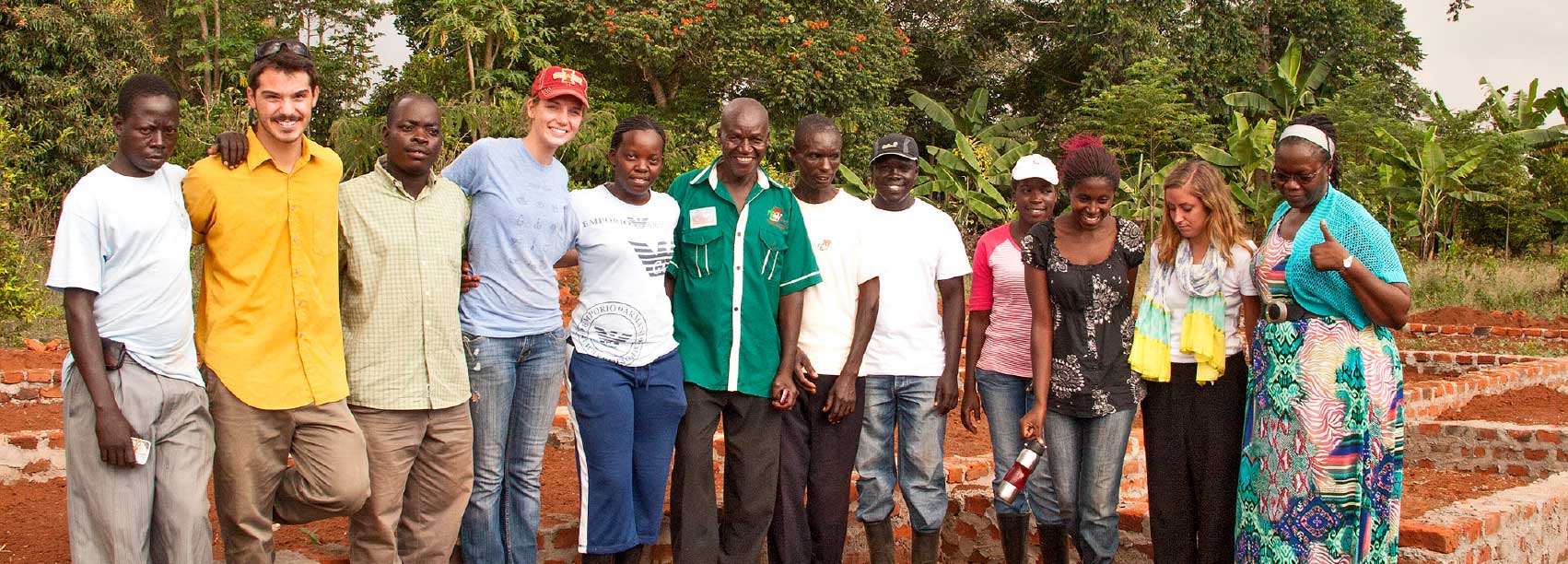Staff
David Acker
- Associate Dean for Global Engagement, Director Center for Sustainable Rural Livelihoods, and Raymond and Mary Baker Chair in Global Agriculture
- 111 Curtiss Hall
- Iowa State University
- Ames, IA 50011
- Phone 515-294-3683
- Email dacker@iastate.edu
Education
Ph.D. Oregon State University, 1989
M.S. University of California, Davis, 1980
M.Ed. University of California, Davis, 1980
B.A. Agriculture/Sociology, Wilmington College, 1975
A.A. Sociology, Alice Lloyd College, 1973
Awards/Special Recognition
- Fulbright Fellowship/Senior Researcher, Greece, 1987
- Honorary Professor: Zhejiang University, China; National Agricultural University of Ukraine; and Tashkent Institute of Irrigation and Agricultural Mechanization, Uzbekistan
- Outstanding Leadership Award, Association for International Agricultural and Extension Education, 1993.
- President, Association for International Agricultural and Extension Education, 1993.
- Inspiring the Next Generation Award, The World Food Prize, 2018
- Elected Chair, Board of Trustees, American Farm School, Greece 2018
Teaching Responsibilities
GLOBE 211. Issues in Global Resource Systems
Global Engagement
Dr. Acker serves as associate dean, is a professor of agricultural education and holds the Raymond and Mary Baker Chair for Global Agriculture. He has more than 35 years of experience in international agriculture and education, including directing agricultural and natural resource programs in Tanzania, Malawi and Senegal, and serving as a Fulbright Fellow in Greece. Dr. Acker has lectured in Austria, China, Costa Rica, Ethiopia, Greece, Guinea, India, Ireland, Italy, Japan, Korea, Saudi Arabia, Thailand, Uganda, and Ukraine. In 2009, Acker co-authored Education for Rural People that was published by the United Nations Food and Agriculture Organization. He was part of a team that published Tapping Philanthropy for Development in 2015, based on the agricultural development experiences in rural Uganda of the Center for Sustainable Rural Livelihoods in the College of Agriculture and Life Sciences.

